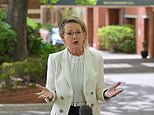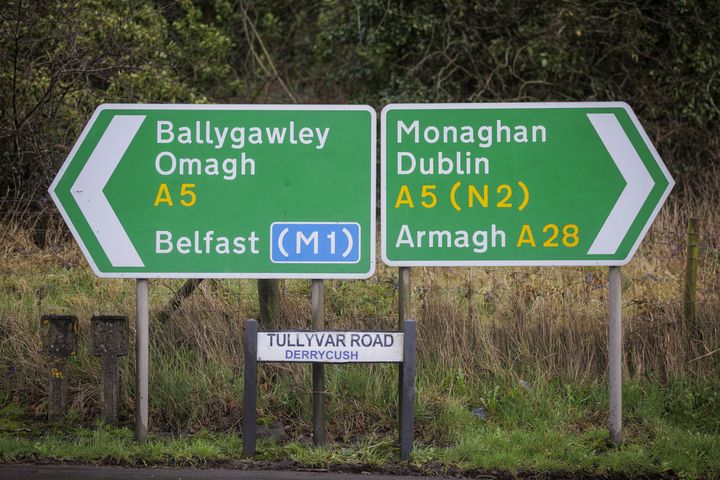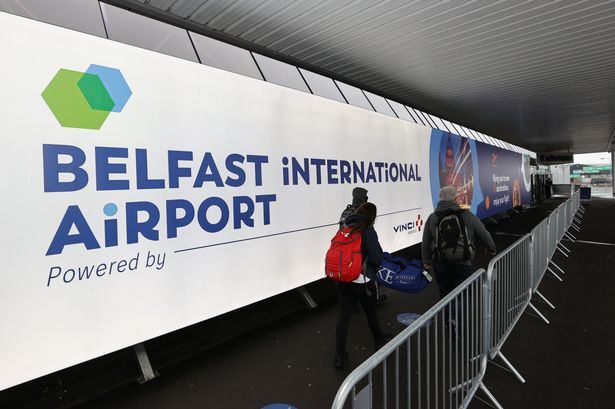UPDATE: Coalition Senator Andrew Bragg has issued a shocking ultimatum amid rising pressure on Opposition Leader Sussan Ley regarding Australia’s climate commitments. In a critical statement made on November 9, 2025, Bragg warned that a move to abandon the Paris Agreement would align Australia with countries like Azerbaijan and Iran, jeopardizing the nation’s international standing on climate action.
The internal conflict within the Liberal Party is escalating as discussions intensify about whether to maintain their commitment to achieving net-zero emissions by 2050. The party’s formal position will be decided in meetings scheduled for mid-week in Canberra, setting the stage for a potential policy shift that could have significant implications for Australia’s future energy landscape.
Bragg, a leading moderate within the party, has indicated he may resign from the shadow cabinet if the Liberals decide to retreat from their climate goals. He stated, “If we left Paris, we’d be with Azerbaijan, Iran, Syria, you know, and a few other baddies. Australia needs to be in Paris, in my opinion.” His remarks highlight the critical nature of this debate as public sentiment increasingly favors action on climate change.
The pressure on Ley is palpable, particularly as the party grapples with a series of disappointing poll results following the last election. Bragg emphasized that the majority of Australians want the nation to play a fair role in reducing emissions to help the party recover its standing in urban constituencies.
Opposition energy spokesman Dan Tehan has also signaled that subsidies for existing coal-fired power plants could be part of the coalition’s long-awaited climate strategy. He stated, “We need to make sure that we’re sweating those coal assets … and also that we can get more gas into the system much more quickly.” This indicates a potential pivot towards fossil fuels, raising further concerns about the future direction of Australia’s energy policy.
The Liberal Party’s commitment to the Paris Agreement, established in 2015, mandates that signatories increase their emissions targets every five years. As discussions unfold, the ramifications of abandoning this commitment could result in a dramatic shift in Australia’s climate strategy and its global reputation.
Bragg’s ultimatum comes as Ley faces growing scrutiny regarding her leadership and policy direction. Despite this, Tehan publicly affirmed his support for Ley, stating that the party had collectively endorsed her to lead them into the next election. “Let’s make sure that after the worst election defeat that we have suffered since the Second World War, that we start to get a policy platform that we can enunciate and take to the Australian people,” he added.
As the political landscape continues to shift, all eyes will be on the upcoming meetings in Canberra. The decisions made there could not only redefine the Liberals’ approach to climate policy but also significantly impact the nation’s energy future and its role in global climate initiatives.
Stay tuned for the latest updates as this situation develops.







